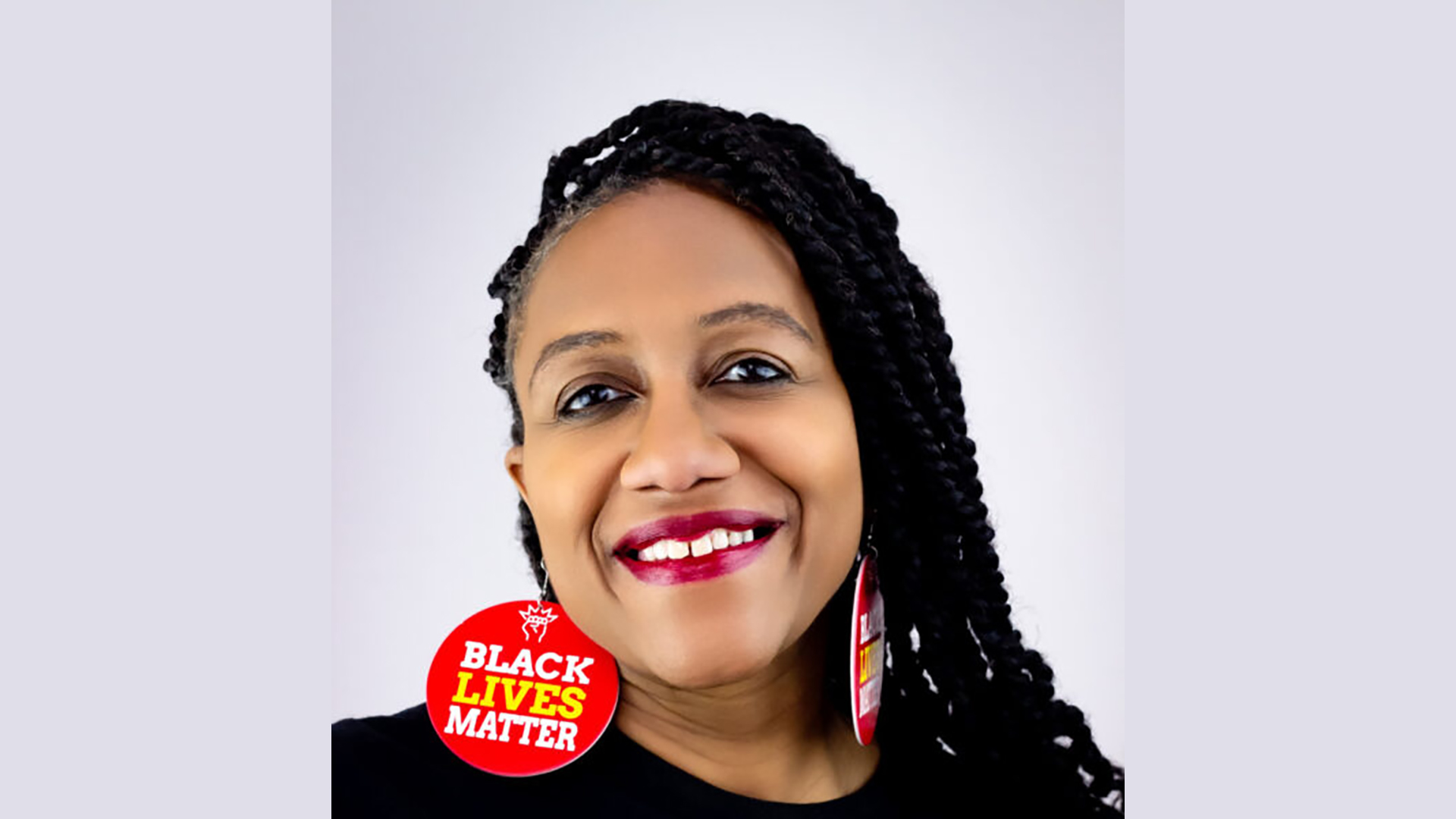What should we be doing? Can we really sit this one out? These are some of the things Black people have heard since November and, especially, January 20. At times, this can be overwhelming and, honestly, a lot. It’s more important than ever to rest, mobilize, and organize, especially locally. Before I start, let me add that Black people can walk and chew gum at the same time. So, yes, we can rest and still organize.
In my previous columns, I have spoken about the need for rest, especially for Black women. I will stress again that the rest I am referring to goes beyond vacations, spas, and hair appointments. Rest is a right that we all have. Capitalism has taken it away from us, but it’s our inherent right to REST. For Black people, our relationship with rest, like so many other things, goes back to our ancestors, who were truly never allowed to rest. They spent over 100 years fighting and surviving the racial tragedies of slavery, Jim Crow, and the civil rights movement—not being allowed to freely laugh, cry, or rest. When we rest, our ancestors smile.
It’s also something that should be done daily. This can look like prayer, meditation, hiking, or pausing and breathing for five minutes—whatever works best for you. Developing a rest practice will be beneficial for our growth as a people. It also allows time to think clearly and work more collectively. Along with rest, we should be organizing and mobilizing at the local level.
As a longtime community organizer, I have organized through various social movements and administrations. One thing that consistently happens is the overlooking of the importance of local people and organizing. I saw this a lot with the last election, specifically with local organizations being ignored for celebrity voices or influencers.
To me, all politics is local. Even if you have policies that need to be pushed nationally, it always goes back to the district. Furthermore, the people most impacted know what’s best for them. I believed that when I started organizing in 1991, and it remains true. No amount of research, data, or highly paid consultants will ever replace the voice of the PEOPLE.
Additionally, our organizing must involve study and awareness of what’s happening in other areas and countries. Moreover, focus on working collectively with local groups and include those most affected, such as Black youth, disabled, and trans people. The study will help us not become so locked into working in our silos. It also helps to see the intersections between our struggles and those in Congo, Haiti, and other parts of the world.
For community groups and organizations, if you don’t align with one in your community, then start your own. It’s important to note that you don’t have to agree with everything a group does to work with them. Black people are not a monolith, so it should be expected that we don’t agree on all things. Here, it’s key to make sure your principles are aligned and build from there. Moreover, involve the youth, listen to them, and be there as a guide. While having youth is important, I won’t romanticize this, as I see the benefits of intergenerational organizing as well. Lastly, have a focus on disability justice and the Black trans community—two groups that are routinely left out when we organize for Black liberation. In closing, nothing is new under the sun; our ancestors left blueprints for us. Let us draw from their wisdom and CONTINUE to RESIST!
